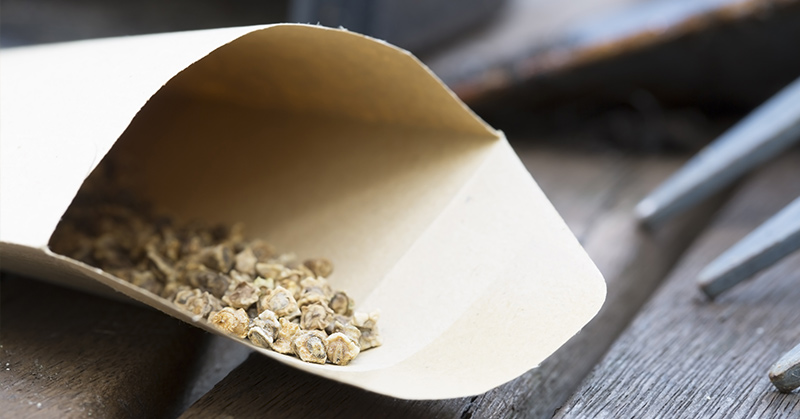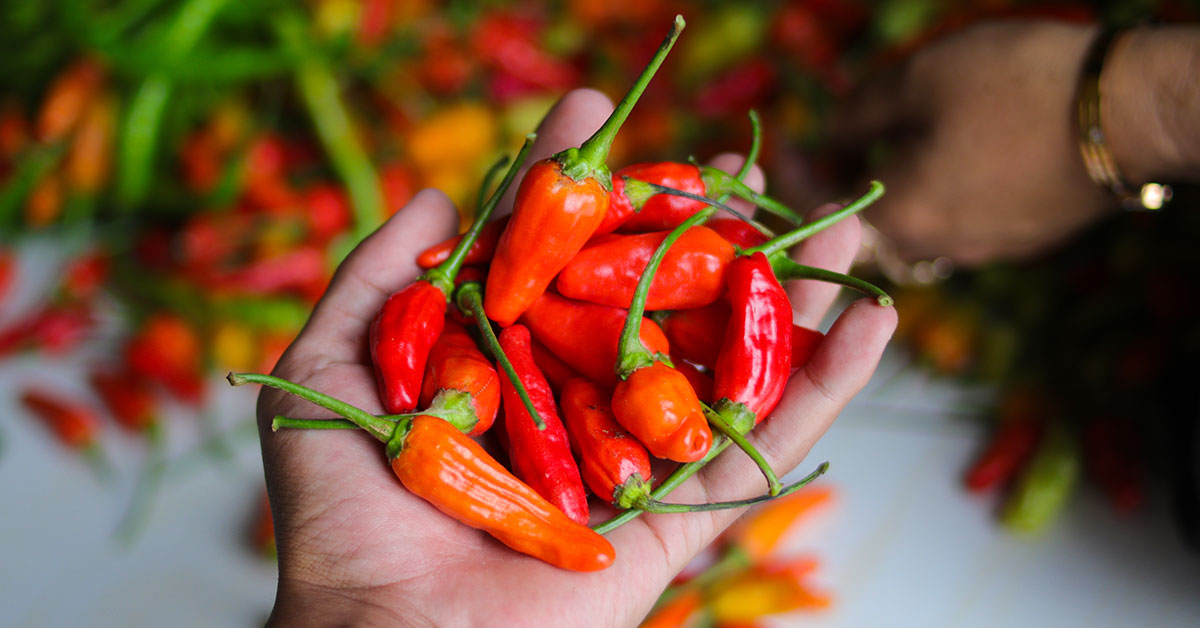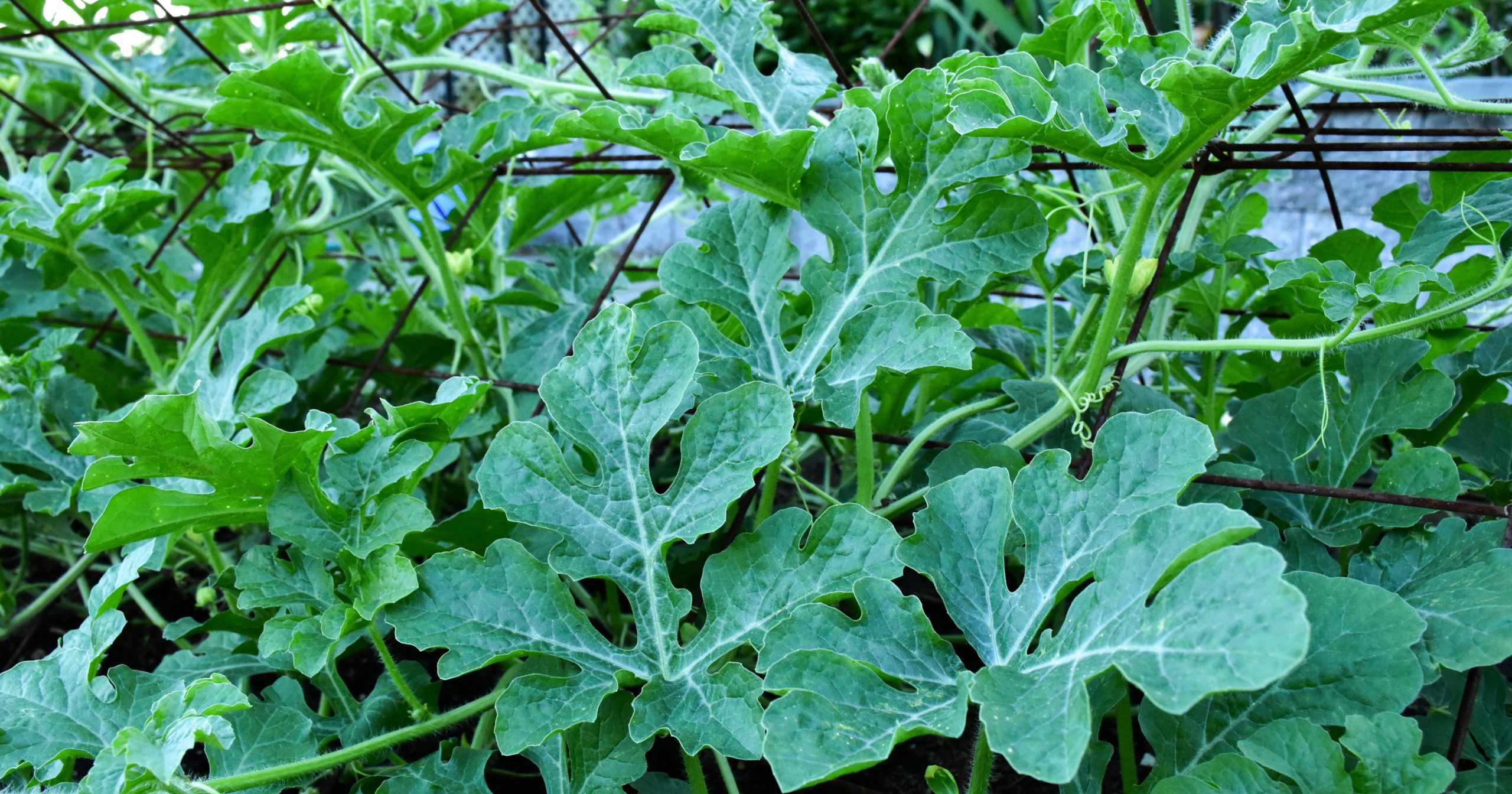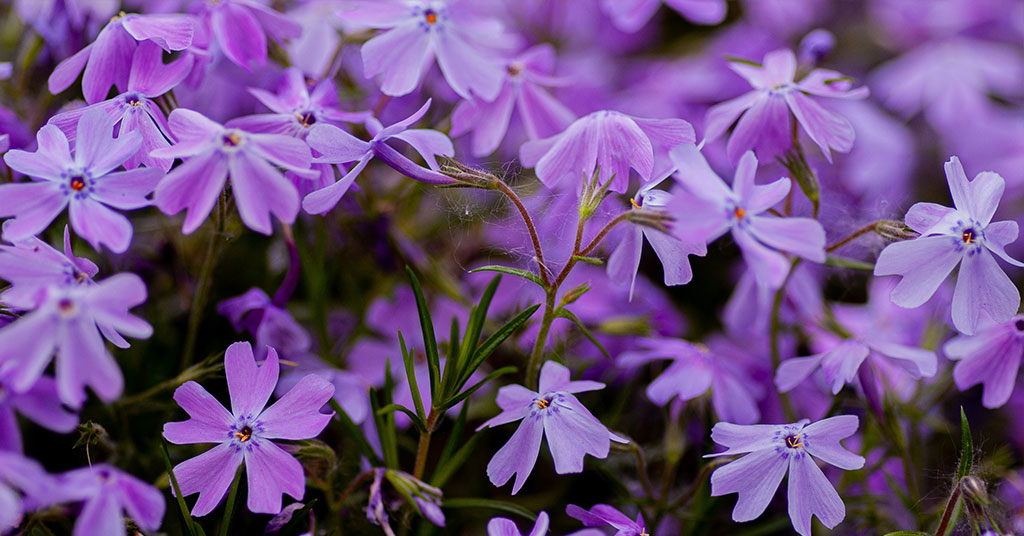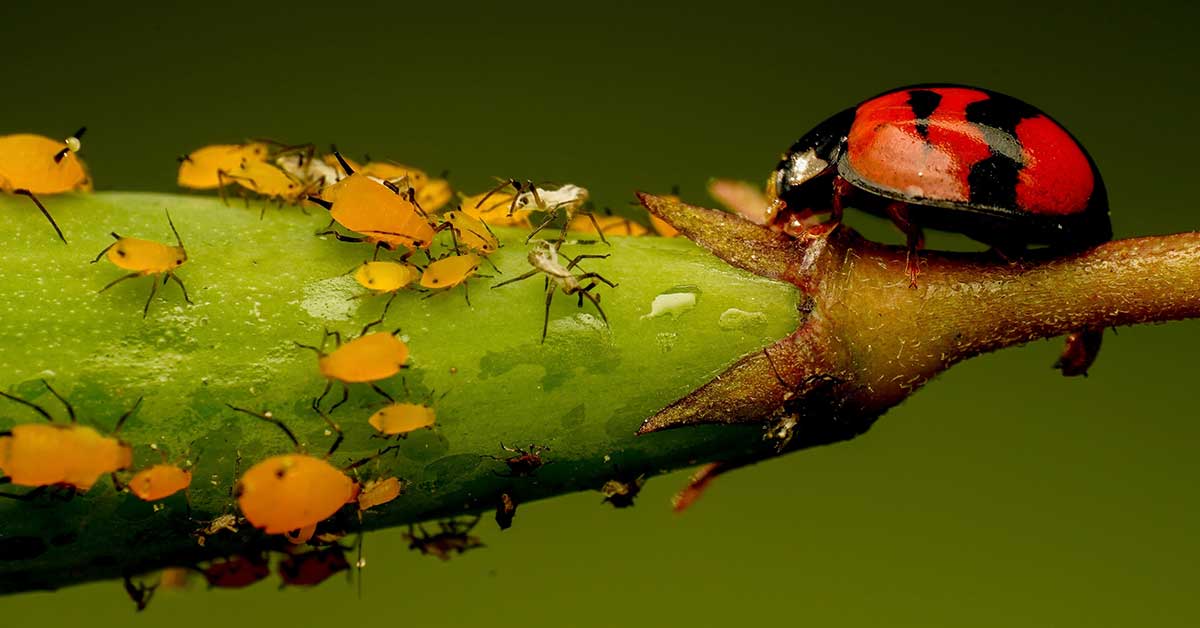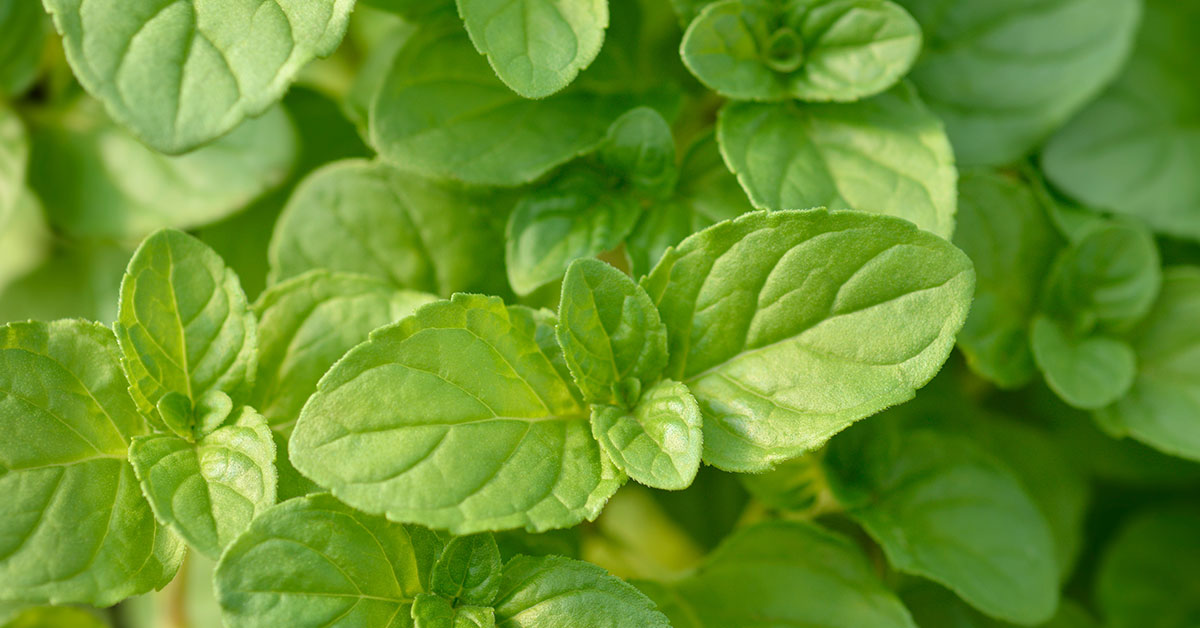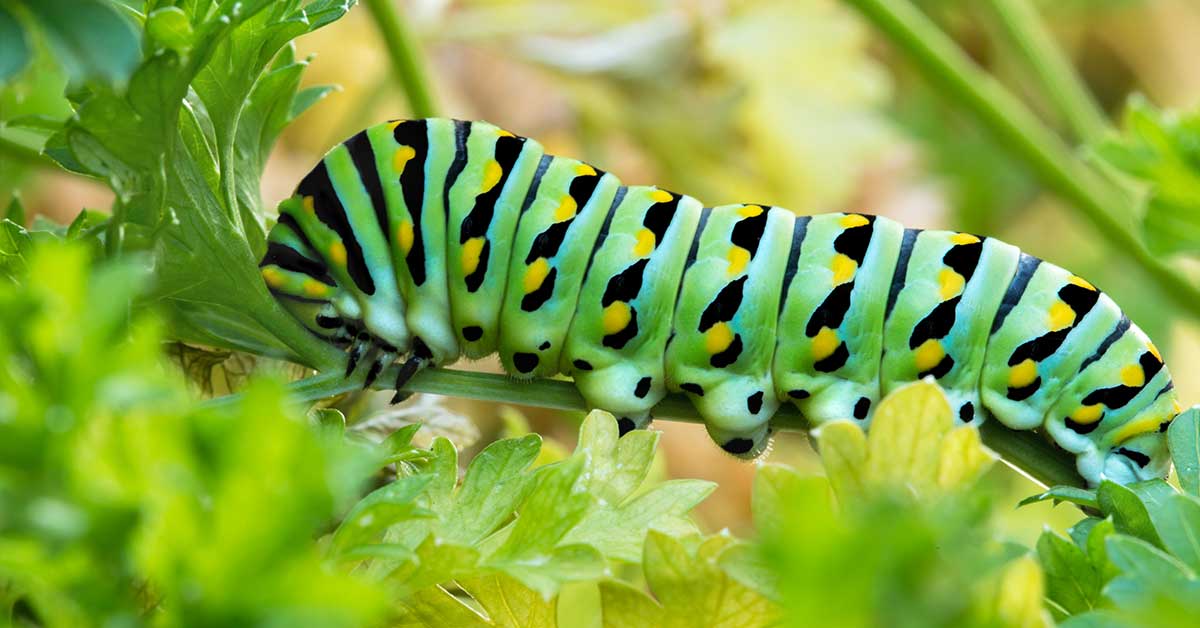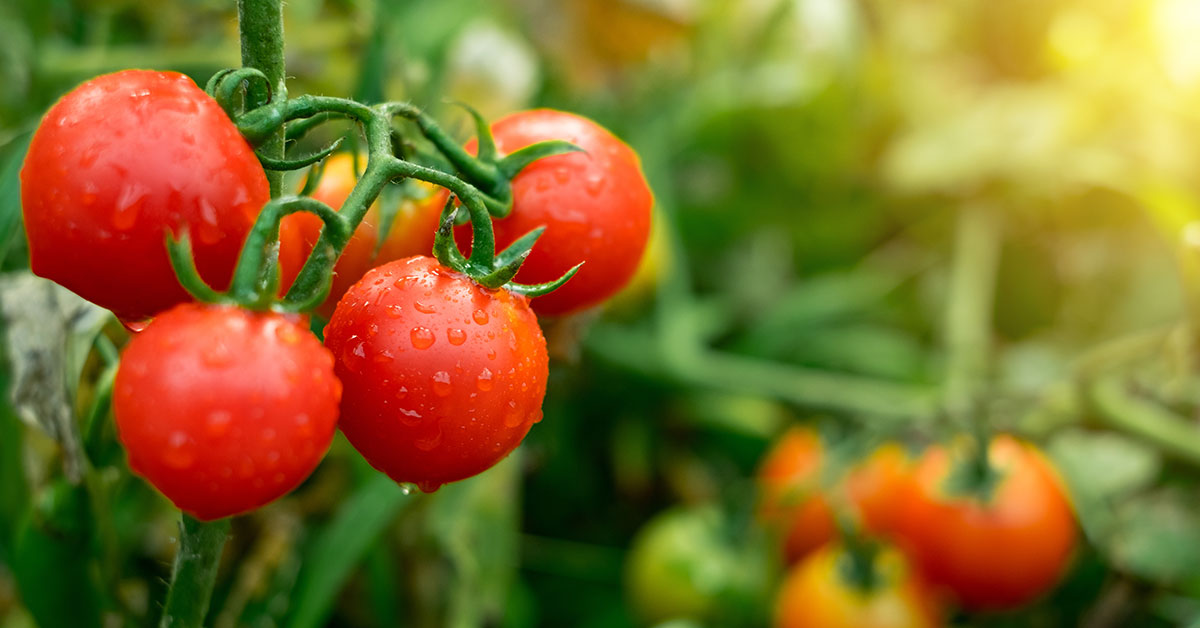If you’re new to gardening and growing your own food, you may find yourself looking at seed packets and plants and being confronted with terms that you’re not very familiar with. Organic, hybrid, heirloom – what do they all mean? One common term in gardening used to describe a type of seed or plant is ‘heirloom.’ But what are heirloom seeds? Is there a benefit to growing them over other types of seeds? In this article, we’ll break it all down.
What are heirloom seeds?
An heirloom is broadly defined as anything of value that has been passed on from person to person, generation to generation. Heirloom seeds don’t deviate from this definition. Heirloom seeds are seeds that have been passed down, unchanged, for generations – hundreds and sometimes thousands of years. These seeds are often cherished because they grow a superior plant with larger, better-tasting fruit. The plants may also be hardier in specific regions or more adaptable to certain climates.
What are the advantages of heirloom seeds?
One of the many advantages of these seeds is the ability to save, store, and replant the seeds in future seasons. Some genetically modified plants do not produce seeds, which makes it impossible to propagate them in the future (though it may make the fruit better tasting or easier to consume). On the other hand, these seeds have been grown year after year for sometimes hundreds or thousands of years, meaning that with these seeds, you know exactly what you’re going to get. They’re tested, tried, and true.
1. You can save and store them
There are some types of genetically modified crops that do not produce seeds in their fruit, which is fine if that’s what you’re looking for in your produce. With these seeds, however, they wouldn’t be heirloom if they didn’t produce seeds! Heirloom fruits and vegetables do produce seeds that you can save, store, and grow in future seasons quite readily. Honor these plants like you would a family heirloom and keep growing, storing their seeds, and passing them down generation to generation.
2. They can be organic
Heirloom seeds are almost always certified organic, which is great if you want seeds that haven’t been exposed to any pesticides or chemicals. They aren’t always organic though – it is definitely possible for a farm to produce heirloom seeds using conventional farming practices. So check the label carefully!
3. They are not GMO
If the idea of planting seeds made in a lab by a massive biotech company doesn’t appeal to you, heirloom seeds are the way to go. By their very nature and definition, this type of seed is guaranteed non-GMO.
4. They are hardy
If you do your research and really learn about the heirloom seeds you’re purchasing, you can learn where they have been grown most frequently and what climates they do best in. You can check your hardiness zone and compare that to the optimal zone for each type of heirloom seed you’re growing to be extra sure they’ll perform well where you live.
5. They’re often less expensive
This isn’t always the case, but because heirloom seeds aren’t produced in labs or carefully created through the process of hybridizing them, they tend to be less expensive. You can also save seeds year after year and keep planting them, which is a zero-cost endeavor. Free seeds!
6. Heirlooms don’t always ripen at the same time
Hybrid seeds are advertised to ripen within a very specific window of time, which sounds great on paper, but it can cause you to very suddenly have an influx of a certain vegetable or fruit and no plan to use it all. Heirloom seeds don’t usually ripen in the same way, instead producing their yield throughout the latter part of their growing season.
Where to buy them
Heirloom seeds are readily available just about anywhere that you can buy seeds and plants, but we encourage purchasing from local nurseries and garden centers and not big-box chain stores. Buying local helps your local economy thrive and grow, which is really what gardening is all about, isn’t it? Well, that and tomatoes.
Keep Reading: 10 Seeds Everyone Should Store In Case Of Emergency
